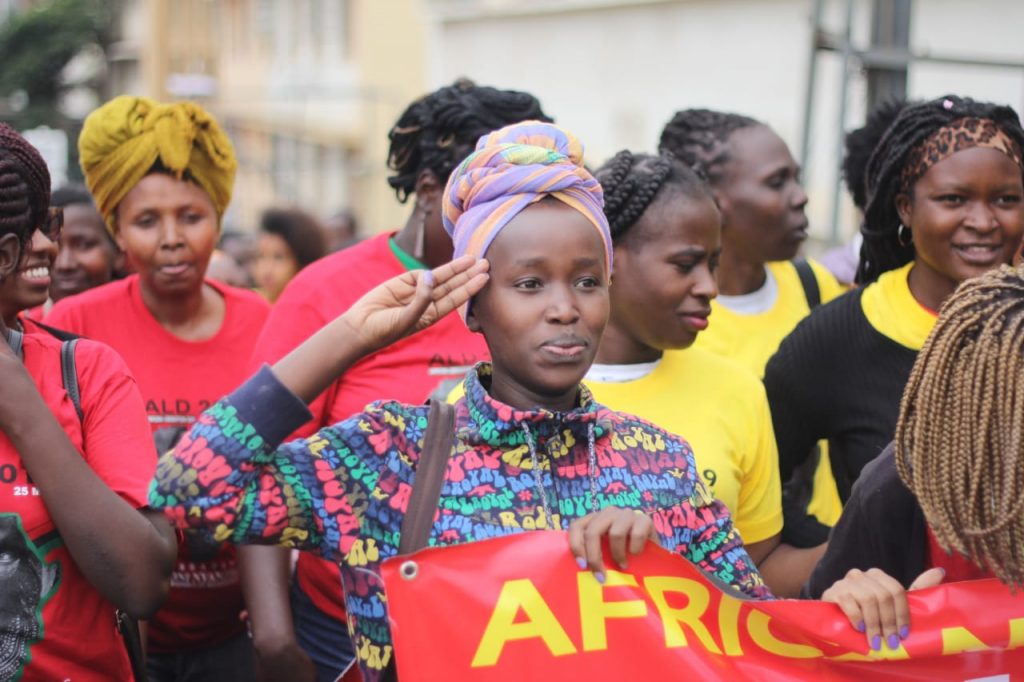As countries on the continent today commemorate the 2023 edition of African Liberation Day, some public affairs analysts in Nigeria have regretted that Africans have continued to battle against successive enslavement in the name of neo-colonialism.
Baring his mind on the significance of the day, one of the analysts, Chidozie Ezeugwa, submitted with regrets that several decades after the colonial masters granted them independence, countries on the African continent cannot be said to have been liberated.
He noted that the colonial masters did not actually release Africa as they still wield strong influence on the economy and politics of the continent.
“Do you see the crises that the world powers are causing on the continent? Look at what is going on in Sudan today. When you come back to Africa, none of the countries have peace. They have machinery all over working for them. Somalia has been crisis-ridden for so long a time. From Somalia to Conakry to Burkina Fasso to Sudan, the colonial masters have eyes on their government.
“So, when you talk about African liberation, I keep asking myself where is this liberation in terms of political authority, economic emancipation and growth in terms of diplomatic relations. I have not seen. We are always seen as inferior to them. They can always twist us the way they want,” Ezeugwa regretted.
In his view, Kanayochukwu Obidigbo, argues it is impossible for the Western and European powers to shift attention from Africa due to its rich and abundant natural and human resources. “Their interest here is nothing but our resources. Africa is a blessed continent. So, when colonialism ended, it was immediately replaced by neo-colonialism, which sees them using our own brothers and sisters as instruments of oppression.
“They would not have succeeded but our leaders are corrupt and unpatriotic. Therefore, the good of their various countries does not matter to them like their personal aggrandizement,” he said.
For his part, Comrade Obi Ochije laments the political instability and economic deprivation in most African nations for which he regrets the liberation fight, which led to the granting of political freedom to countries once colonized by Britain, France, and Portugal on the continent.
“When they were ruling us, life was good. Students got jobs immediately they graduated with official cars. When they were sick, treatment was free, same as education. Honestly, I think such a life is preferable to what our liberation is offering us, especially in Nigeria. People are dying of hunger, starvation and sickness because they have no money to fix their challenges.
“They gave us independence and keep their interest in our wealth. In my place here, if an apprentice is set free by his master and is discovered not to be doing well, he will be called back but this time around as a partner not an apprentice again. In Africa, our former masters are carrying us but our legs are still touching the ground. We were eager for freedom, but it is like we were not ripe for it.”
African Liberation Day, also known as African Freedom Day and Africa Day, is the annual commemoration of the foundation of the Organisation of African Unity on 25 May 1963, which was later transformed into the African Union on 9 July 2002 in Durban, South Africa.
Celebrated in various countries on the African continent, as well as around the world, the African Liberation Day or ALD, was founded when the then Ghanaian prime minister, Kwame Nkrumah convened the first conference of Independent States in Accra, Ghana, on April 15, 1958, attended by eight independent African states; Egypt (then a constituent part of the United Arab Republic), Ethiopia, Liberia, Libya, Morocco, Sudan, Tunisia, the Union of the Peoples of Cameroon and of the host country Ghana.
The conference laid the basis for the subsequent meetings of African heads of state and government during the Casablanca Group and the Monrovia Group era, until the formation of the Organization of African Unity (OAU) in 1963.
The day is used to raise awareness on the political plight of Africans. It also reflects the fact that Africans have not fully obtained their freedom, and must continue to reaffirm their commitment to Pan-Africanism, the total liberation and unification of Africa.






